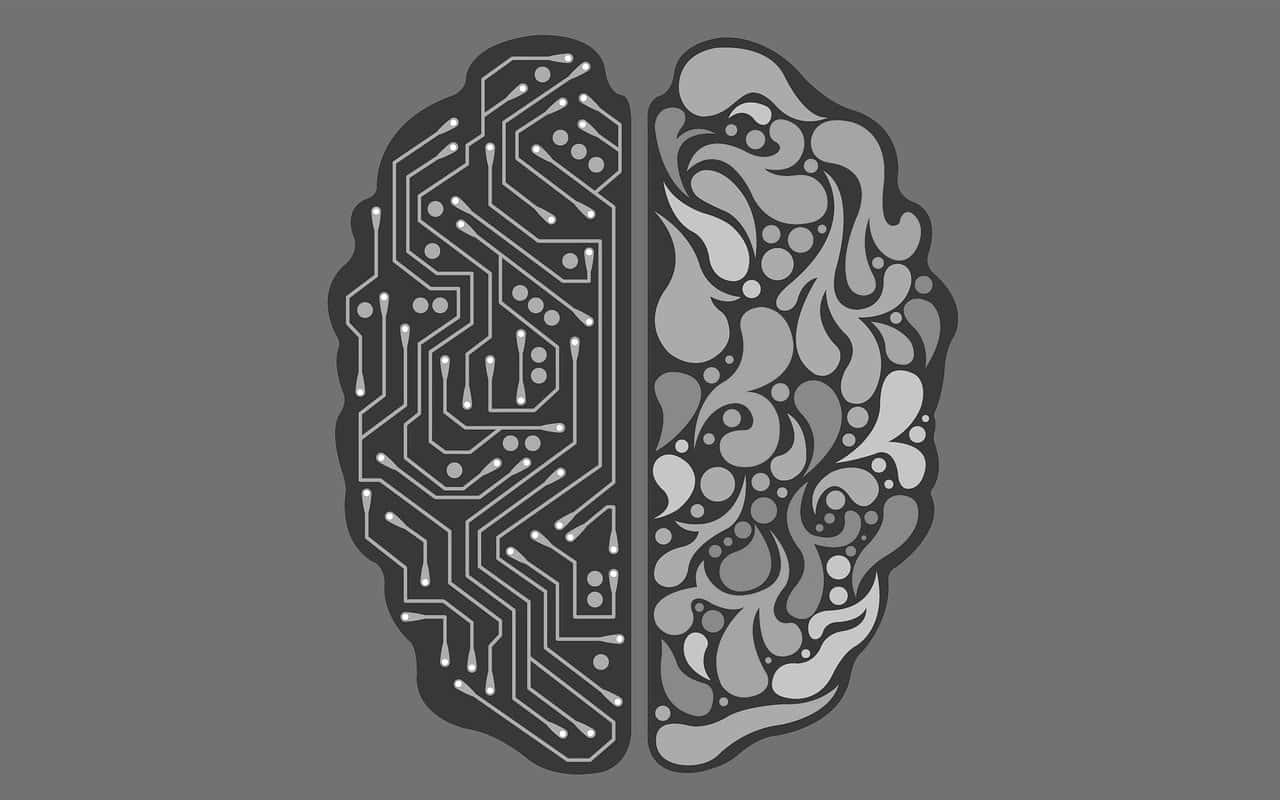
One in four adults over the age of 25 will have a stroke at some point in their lives. The sooner a stroke is treated, the better the possible outcome. Consequently, the mantra from the industry is, ‘Time is brain’.
To improve and accelerate the treatment of strokes and other minimally invasive neurovascular procedures, Philips presented a new Azurion system specifically designed for these procedures at the European Congress of Radiologists (ECR). This new system focuses on neurovascular procedures and can help healthcare teams make the right decisions faster, treat more patients and achieve better outcomes for patients
Interventional systems like the Azurion are also used to perform and schedule complex neurovascular procedures, such as treating brain aneurysms (dilation of blood vessels) or birth defects. Philips promises that by enabling physicians to treat more patients more efficiently and with potentially better outcomes, the neuro biplane system improves the staff and patient experience and contributes to lower healthcare costs.

“Working closely with leading physicians, we designed this new system to meet their patient care requirements,” said Ruben De Baere, Head of Image Guided Therapy at Philips Benelux. “I am convinced that together we can reduce the impact of strokes, allowing patients to return to a healthy life after a stroke.”
New features in the system include improved mobility of the C-arm that enables rapid transition between 2D and 3D imaging, and expanded table-based controls that eliminate the need to leave the sterile room.
Worldwide, direct and indirect costs are estimated at about $891 billion annually. “The key to reducing the personal, societal and financial impact of stroke is the statement ‘time saves brain cells – time is brain’. The sooner a stroke is treated, the better the possible outcome.”








